Parentification takes place when the needs of the parent come before those of the child. It results in a role reversal where the child takes on responsibilities that should belong to the parent.
You may not realize you’ve been parentified because you didn’t have to cook dinner or care for younger siblings. If you had to manage your parent’s emotions or act as their confidante, however, that is parentification, too.
For example, at age 16 my mother confided in me about her extra-marital affair including all her feelings about both the man and my father. This is an obvious role reversal because instead of serving as my emotional support, she made me hers.
If you had to act as an interpreter for immigrant parents, that’s parentification. If you had to cover up for a parent with an addiction, or console a bereaved or divorced parent, that’s also parentification.
Related: The Ultimate Guide to Emotional Parentification
Parentification comes in different forms
You need not have been treated like Cinderella to have experienced parentification. It’s characterized mainly by responsibilities outside the scope of what a child should be expected to take on.
These responsibilities can be physical or emotional. For example, as a two-year-old, I had to climb into my sister’s crib every morning and take care of her because my parents refused to get out of bed.
When she started kindergarten, I was responsible for taking her to and from school, collecting and dropping her off at her classroom when I was seven years old. This was normal for Generation X, but that doesn’t make it right.
As a result, my sister came to expect unconditional support from me, without giving any in return. She admitted to viewing me as a surrogate parent, more than our actual parents, which placed an undue burden on me.
I never had the opportunity to stay behind and play with kids my age. I had to walk my sister home from school. This is one of the ways parentification prevents us from accessing our playful side.
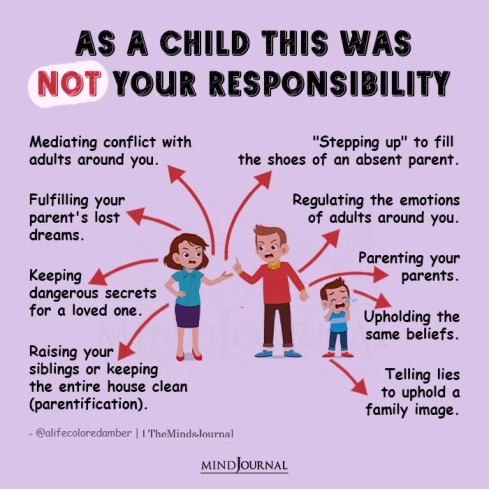
The effects of parentification
I’m not interested in the reasons parents do this to their children. I’m interested in the effect it had on you.
As a parentified child, you’re probably over-responsible. That means you will likely overgive in your adult relationships and abandon your own needs.
You might have a weak sense of self because you’ve been forced to focus on the needs of others. Instead of discovering your own needs, wants, and interests, you were made into a little worker for your parents.
You may have trouble understanding your emotions because you’ve been forced to hyper-focus on other peoples’ feelings.
For example, you recall your parents throwing tantrums but you had to stay calm. In healthy households, toddlers throw tantrums and parents manage them, but in your house those roles got reversed.
As an adult you might suppress your needs and try to take care of everything yourself. It may feel uncomfortable or impossible to ask anyone for help.
That’s because you never had anyone to go to as a child when you needed support. It’s understandably hard to believe that support will be there for you when you’ve never received it. It’s logical, in fact.
Related: The Parentified Daughter: 10 Signs Your Childhood Was Burdened With Responsibilites
Feeling alone and isolated
This leads to feeling alone and isolated in the world. You may even have trouble receiving love when someone sincerely tries to give it to you.
If you’ve struggled with any of these feelings or experiences, I encourage you to join us at a free online retreat I’m hosting. The Dysfunctional Family Detox will feature 15 trauma-informed speakers on topics like family scapegoating, narcissistic abuse, no contact, the father wound, and many more.
The speakers are more than experts; they are survivors of the topics on which they speak. Come join us and know you’re not alone in your experience. Gain the support and tools you need to heal from parentification.
Discover your role in the dysfunctional family. Take the quiz here.
Written By Laura K. Connell
Originally Appeared On Laura K. Connell
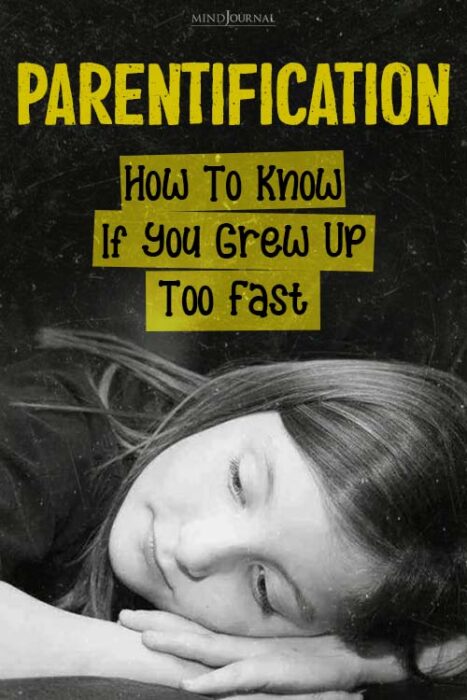





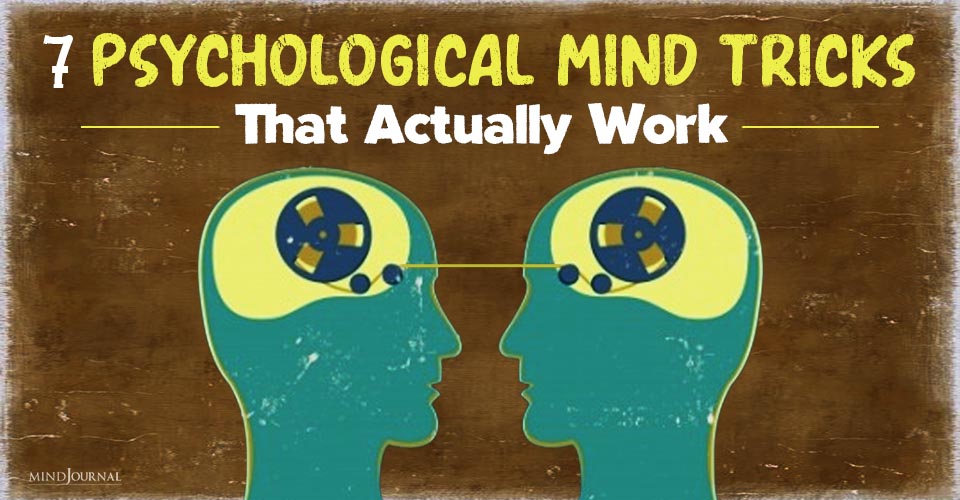
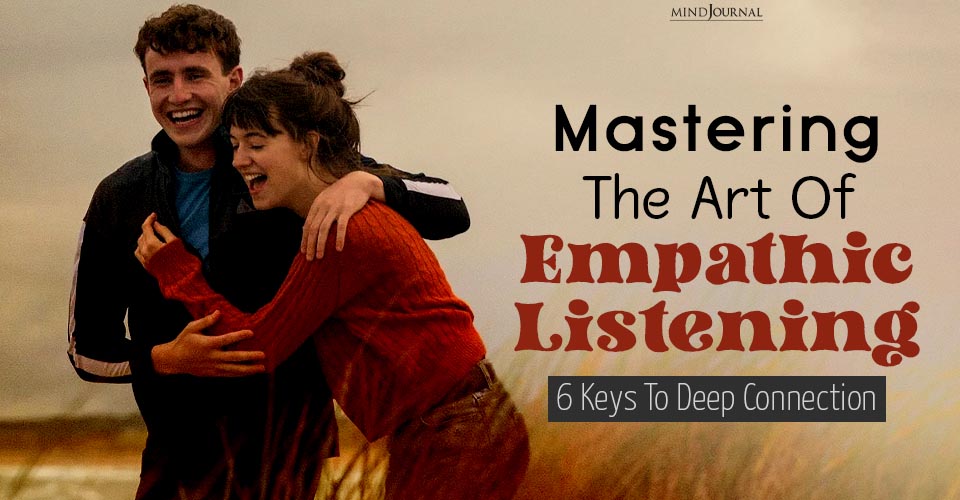
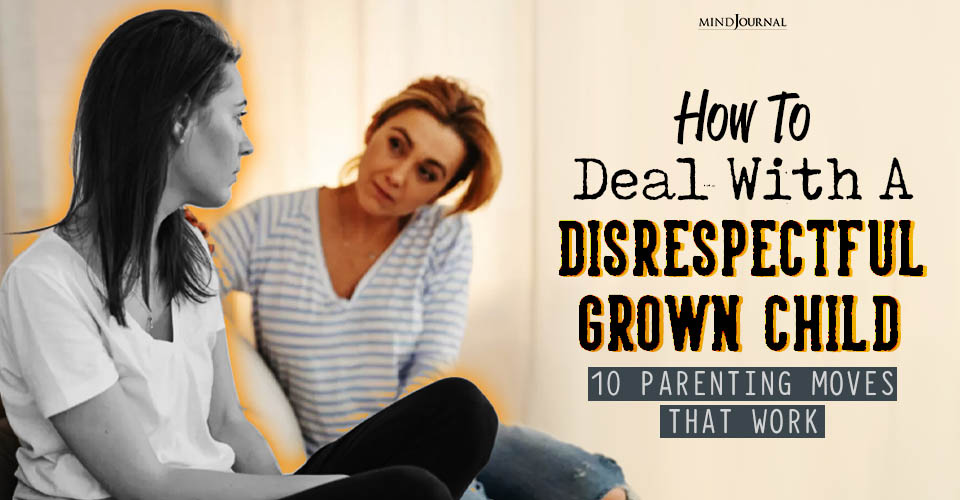
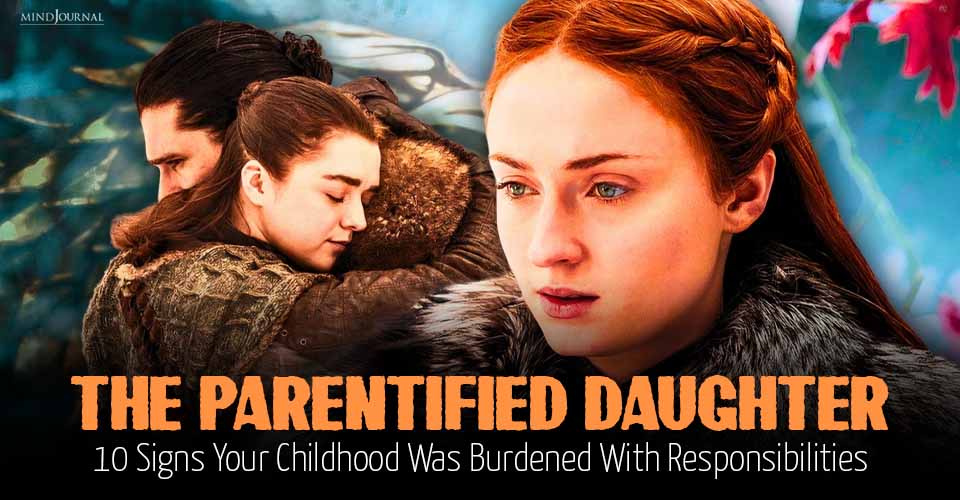
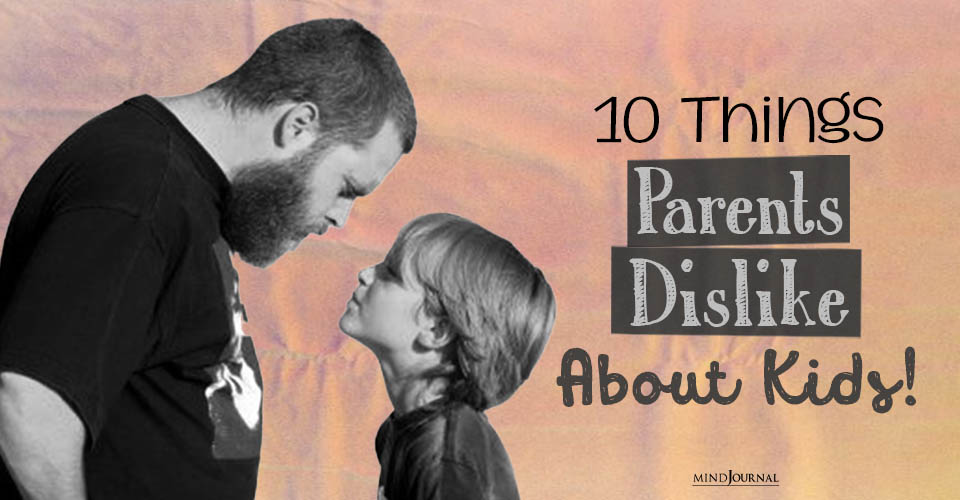
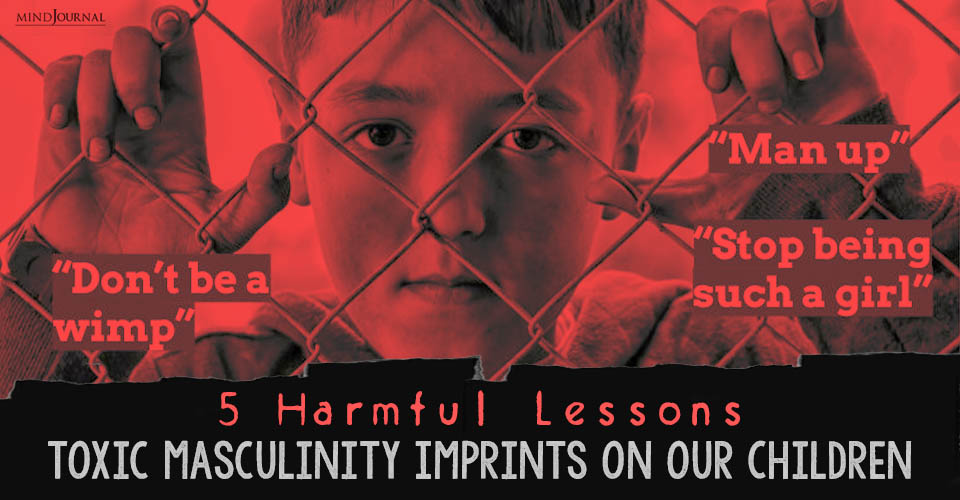


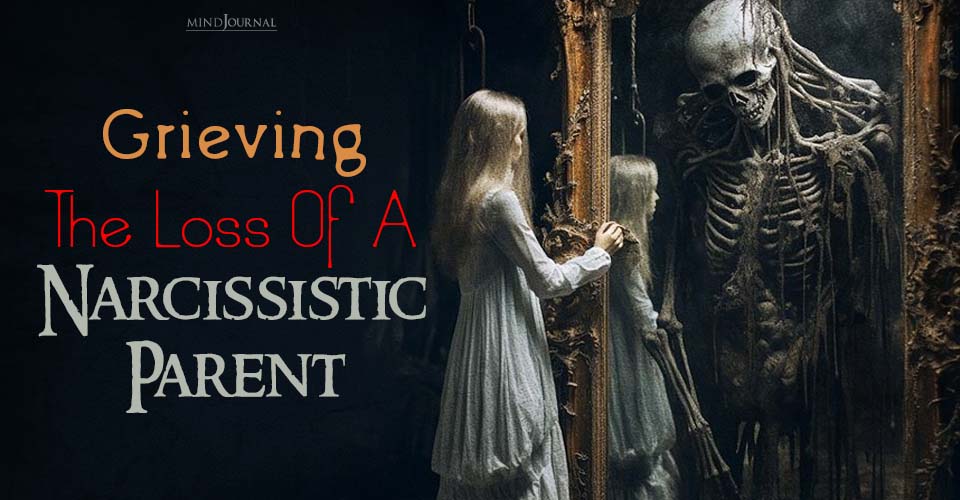
Leave a Reply
You must be logged in to post a comment.